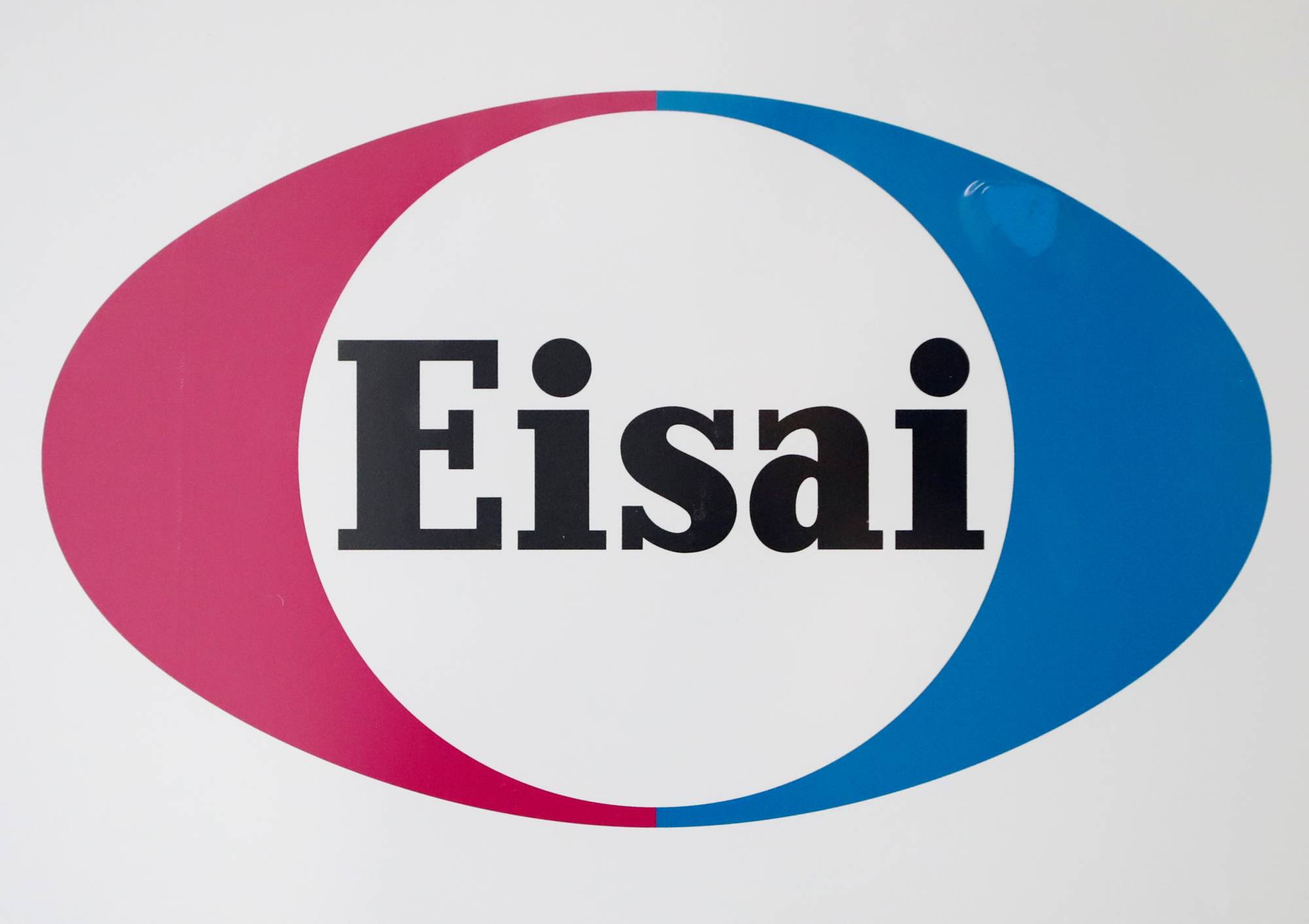Eisai unveiled much-anticipated findings on its experimental Alzheimer’s drug, providing tinder for the hot debate over whether its modest efficacy is worth potential risks that include serious brain bleeding.
Lecanemab, developed with help from collaborator Biogen, pulled large amounts of an Alzheimer’s-linked protein from the brain while slowing decline in mental capabilities and daily activities by 27% over 18 months, according to a commonly used rating scale. Yet this came at the price of side effects including brain swelling and bleeding that occurred in about 22% of people on the drug, compared to 10% of those who received a placebo.
The results are the main event at the Clinical Trials on Alzheimer’s Disease conference in San Francisco, and mark the first time a drug aimed at slowing the brain disease has generated unambiguously positive results in a final-stage trial.


















With your current subscription plan you can comment on stories. However, before writing your first comment, please create a display name in the Profile section of your subscriber account page.